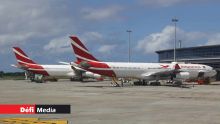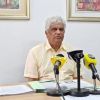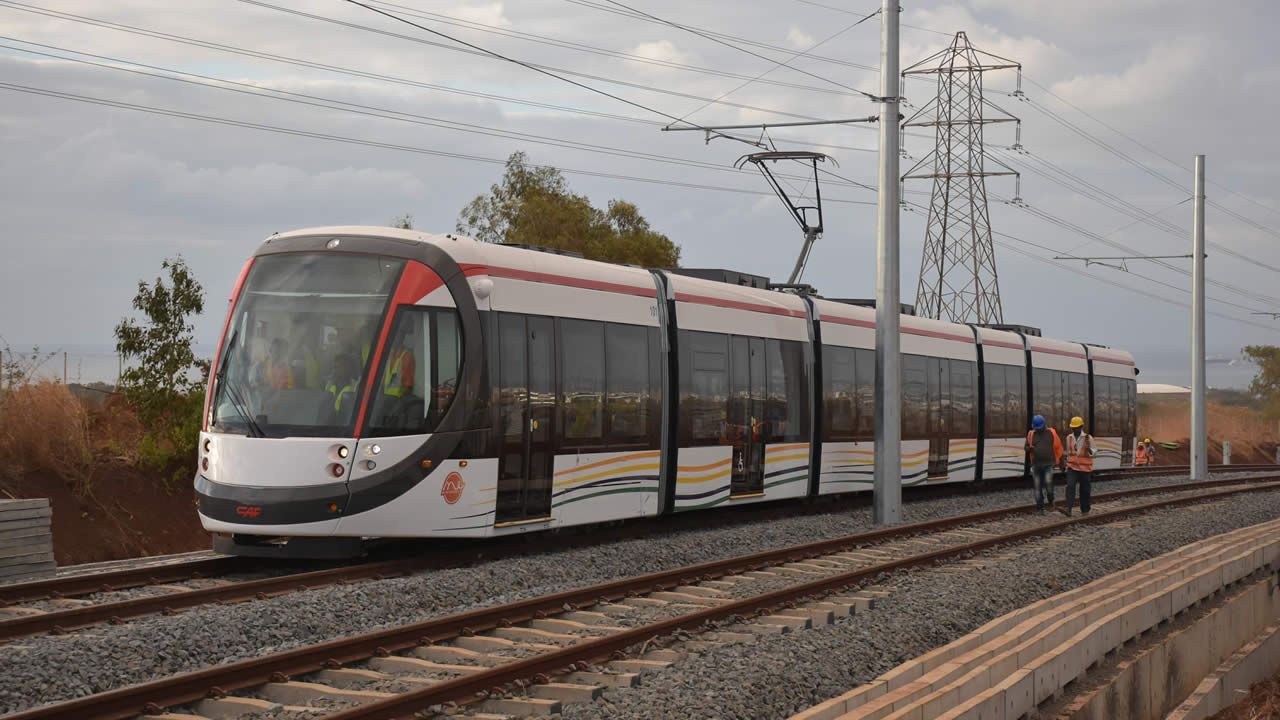
The Metro Express will be officially launched on 30th September 2019 but the traveling public will be able to experience it fully as from 1st November, and this, for free, during a one-month period. However, this news is not making everyone happy. Public transport workers and taxi drivers still fear that their jobs will be threatened, though government has reassured there will be no redundancy.
As the official launching date of the Metro Express approaches, the public transport sector is agitating. Although the Minister of Public Infrastructure, Nandcoomar Bodha, has given the guarantee that no worker of public transport sector will lose their job, employees are still sceptical, because according to them, if buses run at a loss, then operators would probably proceed to a dismissal.
A trade unionist says he does not understand how the authorities will be able to avoid job losses, because to be a success, the Metro Express should necessarily lead to a drastic drop in the number of cars and buses on the Rose Hill / Port Louis corridor. “So if the number of buses and employees remains the same, then what is the purpose of the Metro? Unless the government has already worked out its strategy, but at what cost?” queries the unionist.
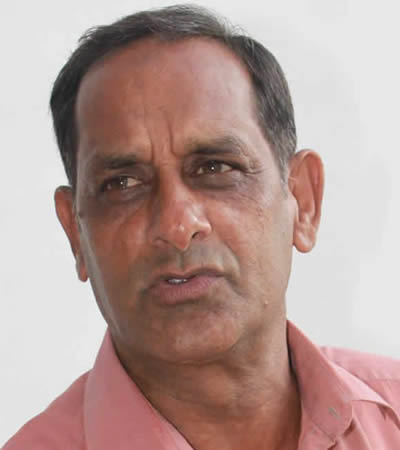
Rafick Bahadoor, president of the Taxi Proprietors Union and a member of the ‘Front Commun des Syndicats du Transport’, believes that the surplus buses will probably be converted into “feeder buses” to get people to Metro Express stations. “With such a scenario, taximen who operate near bus stations will be penalised. With the advent of Feeder Buses, who will travel by taxi? In addition, if the Feeder Buses will be free, then it will be the death of taxis,” he laments. The representative of taxi drivers explains that the Metro covers mainly the suburbs of the central plateau, a region where taxis play a very important role because buses are not regular there. “This situation will seriously affect taxi drivers,” he says. He adds that his union is waiting to see how the Feeder Buses will operate because he fears that the new mode of transport will be at the expense of taxi drivers. He also regrets that the Minister of Transport does not want to listen to the complaints of taximen.
It should be noted that the anxiety began to grip public transport workers since 27th April 2012, when the then Cabinet of Ministers, under the former government, had given the green light to the Metro project. In 2014, workers were somewhat relieved when the Lepep Alliance, during the election campaign, declared its total opposition to the Metro project. But the ruling parties later changed their minds and put the project back on track.
Yusuf Sairally, a Traffic Manager at the United Bus Service, tells us that the fear of job losses was still there, but after the government again reassured that there would be no redundancy, the workers are somewhat relieved. “The Metro is now a reality, we cannot be an obstruction to the development of the country, but I believe that buses are complementary. Buses are needed to take people to the Metro stations,” says Yusuf Sairally. He adds that public transport operators are in consultation with the authorities. “We are waiting for the launch of the Metro to see the impact and then adjust our route planning,” he concludes.
Economist Frankie Tang says any investment in infrastructure is good for the economy. “Be it new roads, the Metro, flyovers, the airport, the port, investments have a multiplier effect and positively transform the country. These infrastructures are necessary in the longer term,” he says. He explains that any major project takes time to be viable, but sustainability also depends on the competence and skills called upon to manage these projects. “We need to invest for future generations,” concludes Frankie Tang.
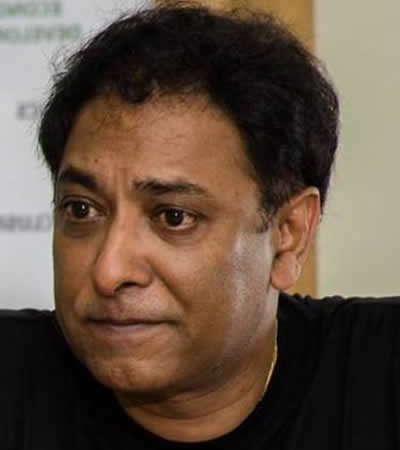 Dev Sunnasy : “An Impact Assessment is done before, not after”
Dev Sunnasy : “An Impact Assessment is done before, not after”
Dev Sunnasy, General Secretary of ‘100% Citoyens’, a new sociopolitical movement with participative citizens, reacts to the statement by Transport Minister Nandcoomar Bodha that the real impact of the Metro will be known after the launch of the Metro Express. “That is why in democratic countries, they do an Impact Assessment exercise before a project, not after,” he retorts. Dev Sunnasy proposes that the government redeploys surplus buses to rural areas, where public transportation is seriously lacking. “Revisit some bus routes to better serve villages, schools and colleges,” he argues.
Smart cards unveiled
Metro Express CEO Das Mootanah announced on Monday that electronic cards for Metro travel are now ready. A first contingent of about 200,000 cards will be on the market by the end of September. There are four categories of cards: Adult, Child, Student and Senior Citizens. There will be a fifth category of cards aimed at people with disabilities. “I hope that people with disabilities will not be excluded from the Metro Express project,” says Yaaseen Edoo, Disability Activist.
Feeder buses
To mitigate the incidence of the light rail on existing bus operators in terms of loss of ridership and revenue, the feeder routes are being allocated to the most affected bus companies that are currently providing service along the Metro Corridor from Rose Hill to Port Louis. Accordingly, 19 feeder routes are allocated as follows: Rose Hill Transport (10 routes), UBS (5 routes), NTC (3 routes); and TBS (1 route). Applications have been received from the above bus companies for a variation of their road service license in respect of 55 buses, with drivers and conductors, of length not above 9m to operate along the feeder routes identified. It is planned that the buses would operate at 15 minutes’ interval. The NLTA would assess the demand and ridership during the initial months of operation and would make adjustments to the feeder services.
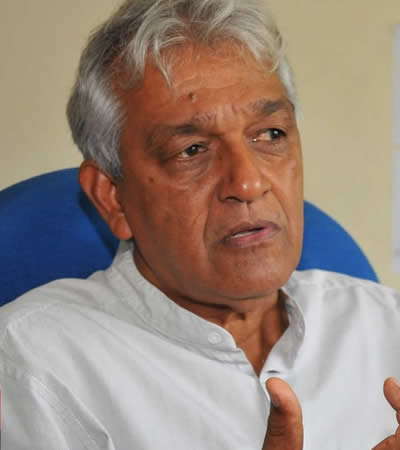
Jayen Chellum : “Car owners will not travel by the Metro”
Jayen Chellum, General Secretary of the ‘Association des Consommateurs de l’ile Maurice’ (ACIM), has always been fiercely against the Metro project, mainly because of its huge cost, which he sees as a major burden on the population. Now that the authorities are suggesting that they intend to extend the Metro across the island, Jayen Chellum tells us he is even more opposed to this idea. “It’s becoming serious when politicians say they are going to extend the Metro across the country, because it shows they have no sense of accountability for public funds,” he says. Does he fear job losses? He replies that although the Transport Minister stated that jobs will be preserved, there will still be redundancies after 2021 when the project is fully completed.
The consumer rights activist says his stand on the Metro has not changed at all since 1994. He says the Metro was not a priority for Mauritius, as it will not solve our road congestion problem. “I rather see the problem acerbating, in regions where there are level crossings, where road traffic will have to be halted to allow the Metro to pass,” he explains. He says Mauritius does not have a population mass that can make a metro project viable. “During the day, even our buses run empty, so where will the Metro get passengers?”
Jayen Chellum says not only the investment cost is huge, but the Metro will require huge amounts of funds for its operation and maintenance, and this is not sustainable. “This grant from India could have been used to invest in other priorities like hospitals, schools, housing, roads, flyovers and bus ways to connect towns and villages. I had in the past suggested to develop bus lanes and upgrade the cultural sides of villages to attract tourists.” He says both the previous government and the present one have failed on the public transport issue. He predicts that car owners will not leave their cars at home to travel by the Metro.

Economist Zohra Gunglee argues that, sooner or later, Mauritius would have had to consider an alternative mode of transport for several reasons: The number of vehicles continues to increase exponentially, causing a huge consumption of fossil fuels, thus having an impact on the environment, but also worsening the problem of road congestion, which affects the economy. However, the government cannot continue to build more roads, because of the huge cost of infrastructure but also because there are no more spaces in built-up areas. But how do we avoid job losses? To this question, the economist replies that society will have to adapt to the pace of development, but it is the government’s role to provide effective measures to recycle and redeploy human and other resources, so that there is a good integration and socio-economic harmony. “The Metro is a symbol of modernism and development, and can coexist with today’s public transportation, which should in turn be enhanced,” she says. “Let’s not forget that there will also be job creation at different levels,” she adds.
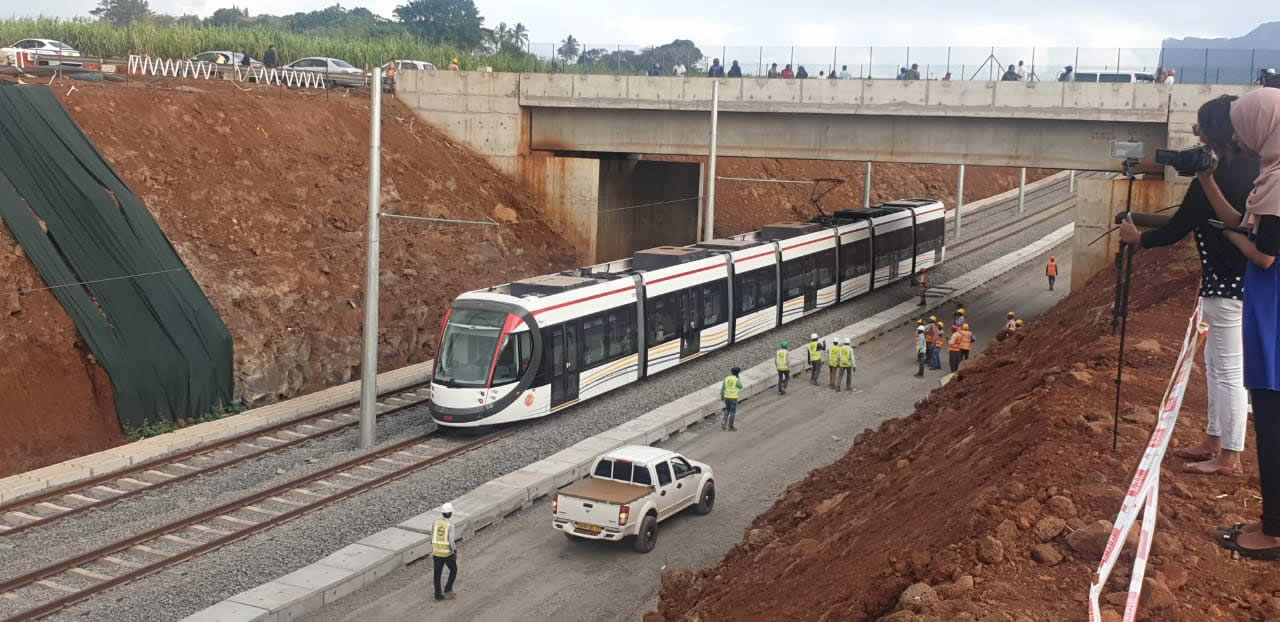
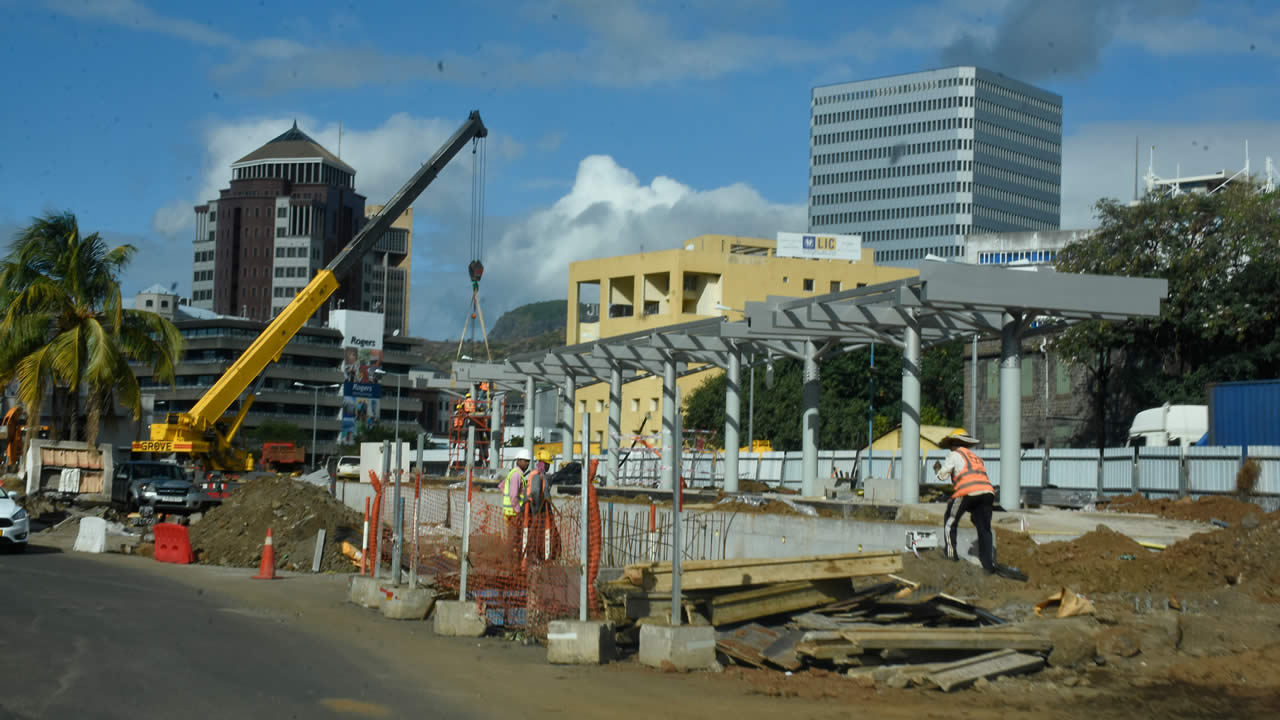
Metro updates
The phase one of Metro Express project which comprises the stretch from Rose Hill to Port Louis is around 95% completed. This was stated by the Prime Minister in Parliament on Tuesday. All major infrastructural works have been completed - all fly-overs and bridges at Rose Hill, St Louis and Caudan are completed along with underpasses at Chebel, Montee S and Coromandel. The laying of rails between Rose Hill to Richelieu Depot are 100% completed. Traction Power between Rose Hill and Richelieu is substantially completed. Rail Laying between Depot to Victoria are in advance stage of completion and expected to complete for Trial runs. Traction Power Substations at Richelieu for Depot and Mainline, Chebel, Signal Mountain, Rose Hill, Caudan are completed. Power charging is completed for 3 locations. Communication towers for radio communication at Rose Hill, Richelieu, Beau Bassin and St. Louis are installed and Testing and commissioning is in progress.
Electronic Ticketing Machines are installed in 4 out of 7 stations and installation in remaining stations is in progress. Communication & Monitoring equipment installation is completed in 4 out of 7 stations. Testing & commissioning works is in progress for various systems including Light Rail Vehicles in Depot and in the mainline. The seven light rail stations have been put in place.
The soft launch of Metro Express is scheduled for the end of September 2019. As from the 1st October 2019, it is planned for trial runs to start which will accommodate selected number of passengers and limited trips. These trial runs will increase in frequency progressively and accommodate more passengers as testing of all the systems and fine-tuning are in progress. Pre-commercial operation is an established practice in the train industry all around the world. The schedule of the trial runs is being prepared at the moment and same would be communicated shortly.
As already announced, passengers boarding and experiencing the Metro Express will enjoy free ride. The trial runs will last till end of October. As for customer service, it will start in November 2019 after all the systems have been fully tested for optimal reliability.

Notre service WhatsApp. Vous êtes témoins d`un événement d`actualité ou d`une scène insolite? Envoyez-nous vos photos ou vidéos sur le 5 259 82 00 !















